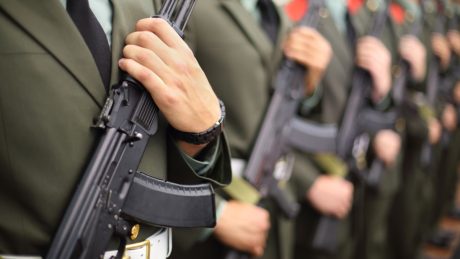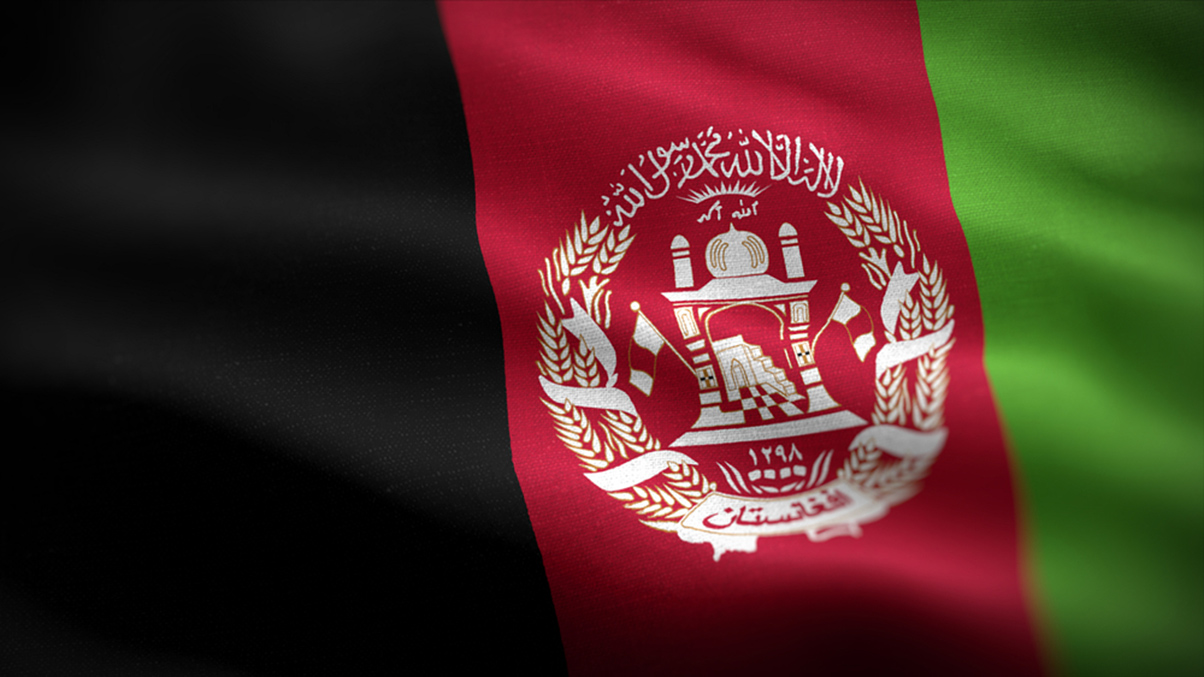Sanctions compliance has become a complicated and thorny issue in an increasingly complex geopolitical landscape. For businesses engaged in international operations, compliance has never been more important. Failure to implement robust systems and controls is now viewed as a significant risk factor.
Inherent in any compliance function is the ability to identify risk before it crystallises. However, with sanctions changing almost daily, this can prove difficult.
In this three-part series, David Savage and Thulasy Packianathan identify some of the potential sanctions hotspots across the globe for the coming 12 to 18 months and provide practical guidance on how to deal effectively with this fast-evolving area.
In part one, we addressed Afghanistan, Belarus and China. In part two, we turn to Russia, North Korea and India.
Russia
As the crisis on the Ukrainian border continues, those exposed to Russian markets should consider the potential risk of more serious economic and trade sanctions being imposed on Russia in the event of a Ukrainian incursion.
The US, Russia, the North Atlantic Treaty Organization (“NATO”) and the Organisation for Security and Co-operation in Europe (“OSCE”) have had a series of conversations during the week commencing 14 January 2022 regarding the situation at the Ukrainian border.
The US has indicated that it will respond with harsher economic sanctions should Russia follow through with any plan to further increase the tension with Ukraine. This could ultimately impact Russia’s ability to import US manufactured devices, including smartphones and key aircraft and automobile components. It could also impact Russia’s technological advancements.
The US has also introduced the Defending Ukraine Sovereignty Act of 2022 (“DUSA”), which, if triggered, will impose mandatory sanctions against Russia’s political and military groups, financial institutions and the operation of the Nord Stream 2 pipeline (“the Pipeline”). Prior to DUSA, the Directive issued under EO 14024 prohibited US financial institutions from dealing in new Russian sovereign debt and lending to Russian state financial institutions. However, under DUSA, the sanctions have been broadened as now all US persons are prohibited, not just US financial institutions.
Additionally, DUSA authorises sanctions on Russia’s access to the international banking system (SWIFT) and requires reporting on actions to terminate services for sanctioned Russian financial institutions. Furthermore, DUSA would impose blocking sanctions and travel bans on persons involved in the Pipeline’s planning, construction or operation. This is in the hope of preventing the Pipeline from becoming operational and used as an economic weapon by Russia against European countries.
In response to Russia’s recent actions, the UK has announced that it will be introducing secondary legislation to expand the current sanctions regime (Russia (Sanctions) (EU Exit) Regulations 2019), which is due to be implemented by 10 February 2022. The existing regime focuses on those directly linked to the destabilisation of Ukraine. However, the new powers will allow the UK to sanction “any individual and business of economic or strategic significance” including those who support Russia’s aggressive actions against Ukraine and those who are “of wider significance to the Kremlin”. This proposed legislation enables the UK to target a wider group, which could include Russian financial institutions and energy companies close to the Russian government. For a fuller analysis of Russian sanctions, please see our article here.
The annex to the UK’s 2021 Annual Review of Sanctions Regulations highlights the unlikeness at this stage for sanctions to be relaxed as any diminution of sanctions against Russia would be seen to be an acceptance of Russia’s actions towards both Ukraine and Crimea.
The EU and the UK have warned Russia that they will face sanctions should further aggression ensue. At present, there is no EU-wide or UK consensus on the level of aggression that would trigger such a response.
Based on past precedent, should the US and its Western allies implement further sanctions, it is highly likely that Russia will respond in kind. The obvious choice will be to sever the EU’s oil and gas supplies, which would prove extremely problematic given current elevated prices.
North Korea
The United States has recently implemented new sanctions on North Korea to counter the advancement of North Korea’s proliferation of weapons technologies. These sanctions follow repeated missile launches and tests by North Korea, which violate UN Security Council Resolutions and pose a threat to regional and international peace and security.
However, the US position is not replicated globally. On 20 January 2022, China and Russia blocked the UN Security Council from imposing sanctions on further North Korean officials in response to recent hypersonic ballistic missile tests. This follows the circulation by Russia and China of a draft resolution urging a relaxation of sanctions against North Korea and indicates a train of thought by both countries that will ultimately stifle the UN’s ability to impose further sanctions.
Accordingly, should North Korea continue to test its nuclear and long-range missile capabilities, we can expect the US, the EU and the UK to maintain pressure by the use and expansion of sanctions.
India
In 2021, India acquired the Russian S-400 surface-to-air missile defence system, having signed a $5bn deal in 2018 that caused global tension. US sanctions were anticipated given that it imposed sanctions against Turkey in 2017 for a broadly similar deal and the fact that India’s engagement with Russia appeared to undermine its fundamental strategic partnership with the US. However, India contended that the purchase was made to defend itself in the face of China’s increasing capabilities.
It is likely that the US will not impose sanctions against India due to this purchase; the US would not want to disturb relations between the US and India, especially given the strength of China. However, should further purchases of Russian-manufactured equipment take place, there may be scope for sanctions to be implemented on what has otherwise remained a largely uncontroversial country in the sanctions world.
Part three of this series will look at how to prepare for change.
Stewarts Litigate
Stewarts has launched a ground-breaking after the event (ATE) insurance facility with Arthur J. Gallagher Insurance Brokers Limited. ‘Stewarts Litigate‘ is designed to work alongside our alternative funding agreements. The facility provides our commercial disputes clients with rapid access to comprehensive ATE insurance at pre-agreed market leading rates. The facility can provide coverage of up to £4 million in three business days and up to £18 million within ten business days.
Find out more about Stewarts Litigate here.
This communication has been authorised by Arthur J Gallagher Insurance Brokers Limited for the purpose of s21 of the Financial Services and Markets Act 2000
You can find further information regarding our expertise, experience and team on our Financial Crime page.
If you require assistance from our team, please contact us.
Subscribe – In order to receive our news straight to your inbox, subscribe here. Our newsletters are sent no more than once a month.






